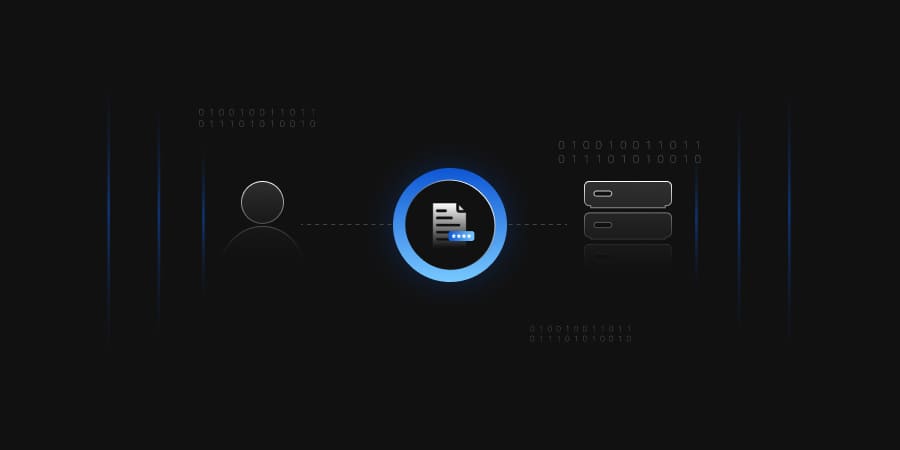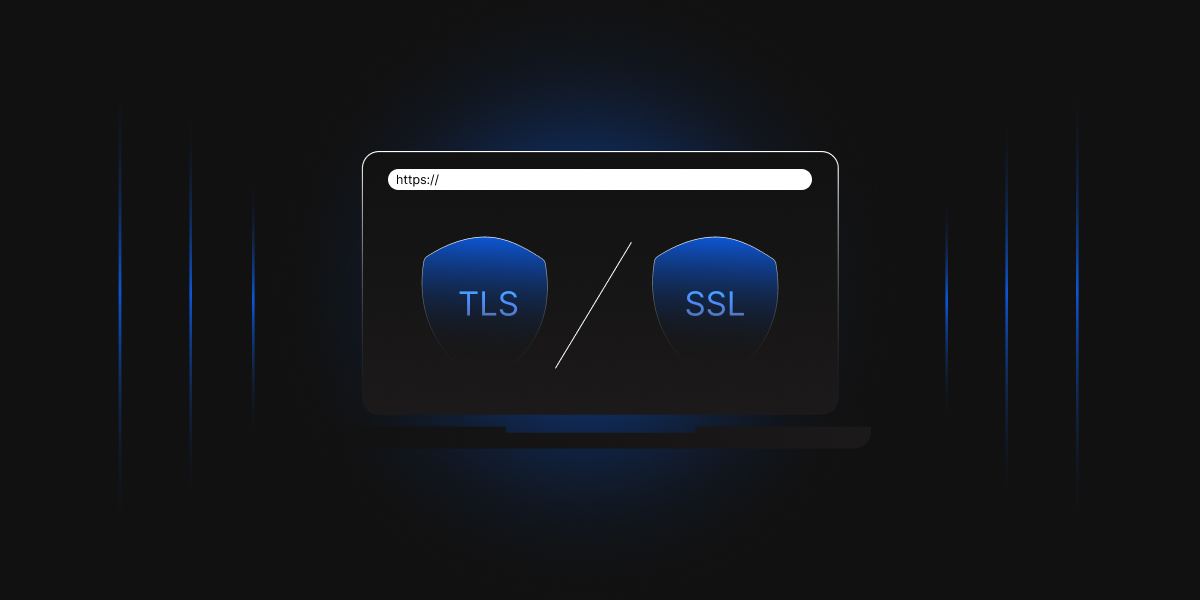Mutual Transport Layer Security or mTLS is a process that starts a TLS connection that remains encrypted by both parties using X.509 digital certificates to authenticate each other.
MTLS also helps mitigate the risk of migrating services to cloud instances and helps prevent malicious third parties from mitigating.
What is TLS?
Transport Layer Security (TLS) is a cryptographic protocol designed to provide communications security over a network of computers. Web services use this protocol to secure all communications between servers and web browsers. There are several applications of this protocol, such as web browsing, email, instant messaging, and voice over IP (VoIP).
How does TLS work?
TLS is how web browsers create secure connections to web servers. The web browser can trust the web server because of the trust of a third party (the Certificate Authority). But for this trust to work, the web browser must have an existing knowledge of this CA. This is also why a user’s device and web browsers come with preloaded certificates for many public CAs. These preloaded CAs form the connection or anchor of trust between web browsers and websites that a user visits or wishes to visit.
The following steps are essential for a web browser to trust the certificate that a web server provides successfully:
- The CA’s public certificate should exist in the operating system or web browser. Thus, providing the anchor upon which all trust relations are made.
- The web browser must provide the site’s domain name ownership with a requested certificate. Upon verification of the right, CA issues a new certificate and installs it on the web browser after digitally signing it using its private key.
- When the web browser visits the website and starts a TLS connection, the web server sends its certificate to the web browser.
- Now, the web browser uses the CA’s public certificate to check the signature of the received certificate. Once the verification is successful, the web browser knows it is connected to a web server with proven domain ownership.
What is mutual TLS Authentication?
Mutual or two-way authentication is a security process in which entities authenticate each other before an actual communication. In mutual authentication, a connection can only be established if both client and server trust and verify each other’s credentials. The client and server must provide digital certificates to prove identities. This certificate exchange occurs by TLS protocol to ensure clients communicate with legitimate servers, and servers respond to only clients who try to access for fair purposes.
Is mTLS a new protocol?
Mutual authentication is a part of the TLS standard and has been part of this specification since it was known as Secure Socket Layer (SSL). A web server that uses TLS to secure its traffic could be capable of mutual authentication. The server needs to ask the client for its certificate to implement mutual authentication, but most web browsers are not configured to do this by default.
Where is mTLS useful?
- Mutual authentication can be used any time the server needs to ensure the authenticity and validity of a specific user or device. In practical applications, mTLS can be used for the following:
- Users being authenticated into applications
- Devices onto a corporate or private network
- Content Delivery Networks (CDNs) or cloud security services onto backend servers
- Internet of Things (IoT) sensors
- Business-to-business (B2B) data exchanges that use various APIs.
- Microservice architectures where each microservice must ensure that each component is communicating and valid.
How does Mutual Authentication Foster Application Security?
Many businesses are relocating to the cloud to utilize the benefits of multi-cloud platforms. But these communications are creating issues regarding security with various cloud instances. So, ensuring that only approved applications or processes can access these is essential. This issue can be addressed by leveraging mutual TLS Authentication. Mutual authentication is used either in conjunction with a password/ identity provider or alone to limit the range of certificates acceptable by a particular certificate authority. A client authenticates a website’s identity by validating the server’s and client’s credentials. For cloud-based instances, HTTP is the transport for API, enabling mutual authentication for components.
Benefits of mTLS
mTLS is a prevalent thing used as SSL became outdated. Several companies like – Skype uses mTLS to secure their business servers, and Cloudflare is a significant provider of PKI for mTLS. This is more important for cases where a user wants to secure traffic in both directions by making them encrypted. Many times, devices automatically login into some network and can access resources. Using TLS will ensure proper encryption, and without authentication, no machine can access resources, to prevent “man-in-the-middle attacks” or other cyber-attacks. This means providing a device or server identity that can be verified cryptographically or making users’ resources more flexible while keeping those secure.
Conclusion
No technology is perfect, so TLS is updated frequently, and users should always go for trusted CAs. Usernames and passwords are a good choice, but those are unreliable and exploitable. To go for a better secure method, start by using cryptographic signage to identify authenticable devices.




